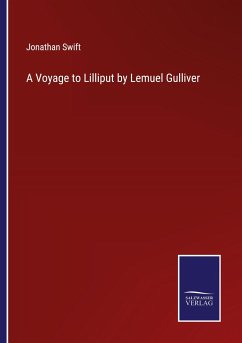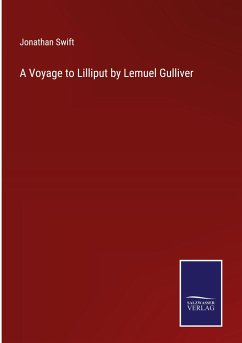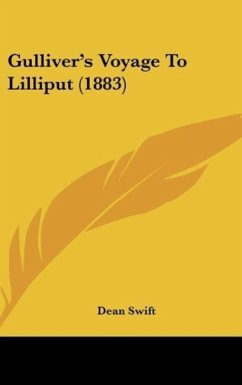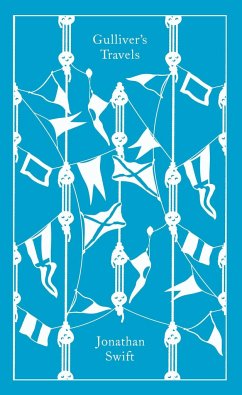Nicht lieferbar
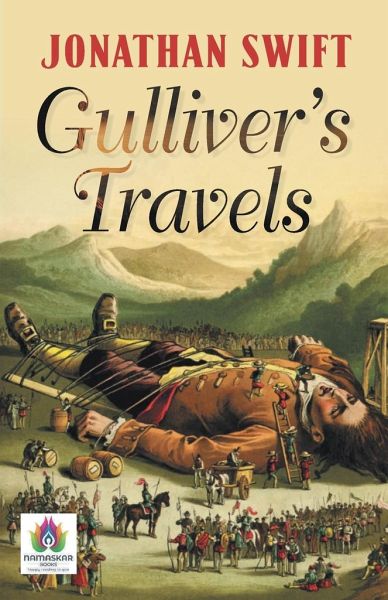
Gulliver Travels
Versandkostenfrei!
Nicht lieferbar
Jonathan Swift was born in Dublin on 30 November 1667, some months after his father's death. He was sent to Kilkenny Grammar School when he was six and later attended Trinity College, Dublin, where he received his BA degree in 1686. He is considered the foremost prose satirist in the English language, which stemmed from his criticism of Britain's repressive colonial policies in Ireland. Among Swift's best known works is his ironic masterpiece, 'A Modest Proposal' (1729), and his novel, Gulliver's Travels (1726).




